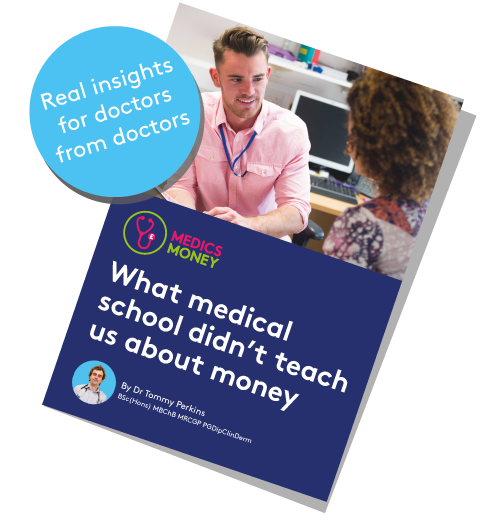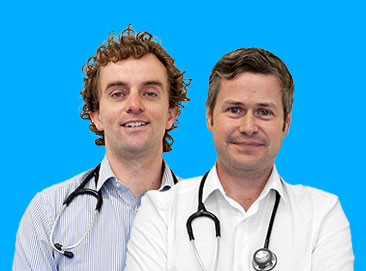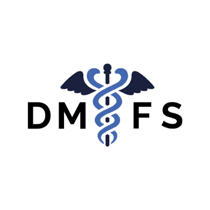This does not constitute advice. Professional advice should be taken prior to acting on any part of it.
Dental and Medical Financial Services Limited is an appointed representative of Best Practice IFA Group Limited, which is authorised and regulated by the Financial Conduct Authority.
The Autumn Budget 2024 heralds a transformative chapter for the UK economy, particularly affecting high-earning professionals such as doctors and other healthcare professionals. With a declared intent to foster “national renewal”, this budget introduces significant tax changes, enhanced public service funding, and strategic investments aimed at stabilising the economy.
Here’s a comprehensive overview of the budget’s implications for healthcare professionals.
Tax Changes and Financial Planning
One of the most impactful elements of the budget is the proposed increase in National Insurance contributions (NICs) for employers, raising the rate from 13.8% to 15%. This adjustment is anticipated to generate around £25 billion annually, which could indirectly influence salary negotiations and job security for healthcare professionals. For doctors and dentists, who often operate as self-employed or through limited companies, this increase may squeeze profit margins and necessitate careful financial planning.
Additionally, capital gains tax (CGT) is set to rise, with the lower rate increasing from 10% to 18% and the higher rate from 20% to 24%. This change will particularly affect those with investment portfolios or property holdings, and should prompt a reassessment of investment strategies. The inheritance tax threshold will remain frozen at £325,000, complicating long-term financial planning for high earners with substantial assets.
Impact on Living Costs and Housing
The Autumn Budget allocates £5 billion towards housing initiatives aimed at increasing the supply of affordable homes. However, the ongoing pressures of rising living costs could continue to challenge healthcare professionals, especially those residing in urban areas. While the government’s commitment to stabilise the housing market might provide some relief, it could also lead to increased property prices, further impacting living standards for high earners.
What medical school didn’t teach us about money
“What medical school didn’t teach us about money” will give doctors a step by step plan to transforming your financial future. Enter your details to download your copy now

Investment in Healthcare
A noteworthy highlight of the budget is the £22.6 billion increase in the NHS budget, a move that directly benefits doctors and other healthcare professionals. This funding is designed to enhance service delivery, reduce waiting times, and improve overall working conditions within the NHS, aligning with the long-term goal of boosting productivity in the healthcare sector. The commitment to a 10-year NHS plan reinforces the government’s focus on strengthening public health services, which is vital for sustaining the workforce amid increasing demands.
An additional £6.7 billion earmarked for the education sector is expected to improve training and education for future healthcare professionals. This investment will not only enhance the quality of training but also ensure a robust pipeline of skilled practitioners entering the workforce.
Future Considerations for High Earners
As the Labour government embarks on this ambitious economic agenda, the success of these measures will hinge on their ability to balance fiscal responsibility with the needs of high earners. The stability of income tax thresholds remains a silver lining for high earners, with no changes to the higher rate (40%) or additional rate (45%) thresholds. However, inflation could inadvertently push some into higher tax brackets, necessitating vigilance in financial planning.
Join 30,000 doctors and receive free, exclusive, financial CPD for doctors in your inbox.
Medics’ Money is run by doctors and finance experts, for doctors. Our free financial CPD gives you all the knowledge you need to take control of your finances.

Navigate your finances with the help of a professional
For doctors, navigating your finances post-budget will require strategic planning. Consulting with financial experts can help tailor plans to mitigate the impact of increased taxes and optimise investment opportunities, particularly in light of the changes brought forward by the latest budget.
For tailored financial strategies, reach out to the specialist financial advisers at Dental & Medical Financial Services.








